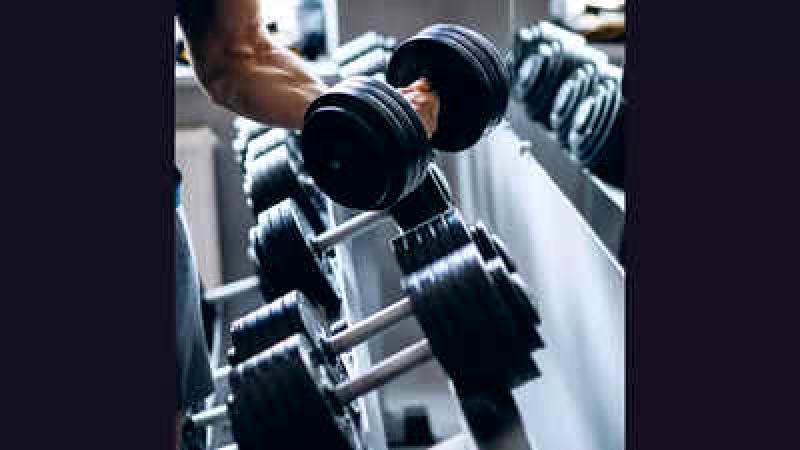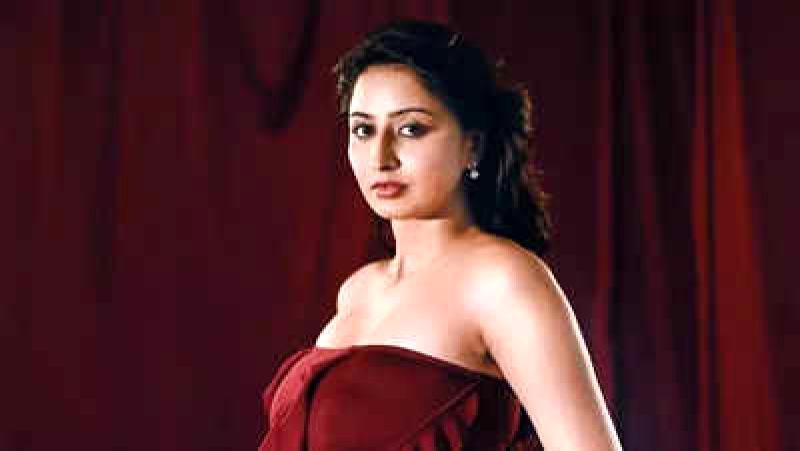
On the big screen, they are portrayed as 'sheroes'. However, behind the scenes, women in the Kannada film industry are still facing challenges in asserting themselves and finding their place. While their performances, costumes, makeup, and hairstyles are widely recognized and appreciated on screen, the women behind these elements struggle to access basic facilities on film sets, such as washrooms. Pay disparity is also a significant issue. The industry has evolved significantly in the past decade, with more women joining film sets in various roles, from stylists to cinematographers. Despite this progress, the film industry's infrastructure and culture predominantly cater to men, with little consideration for inclusivity. These women continue to face everyday sexism in their work environments. Some adapt to these challenges in hopes of a better future, while others have left the industry to work independently. A makeup artist shares her experience, highlighting the dominance of male 'make-up dadas' and associations in the industry, where women are often undervalued. Working alongside male counterparts assigned by associations, female makeup artists face limitations in their work, including assisting actresses on set, highlighting the need for change in the industry.Actresses like Vydurya Lokesh and make-up artistes are often overlooked for larger projects, according to a screenplay writer. Producers frequently question if a script is focused on women, assuming women are only suited for low-budget or niche films. This mentality leads to assigning stereotypical genres to women, hindering opportunities for breaking molds in the industry. One producer even suggested adding a male director's name to a project to attract audiences, citing that a woman's name alone may not draw crowds. This bias extends to everyday working experiences, such as payment discrepancies and lack of basic facilities on set. While steps have been taken towards inclusivity in the industry, there remains a gap in meeting fundamental needs for women professionals. Stylists and other women working in the industry face challenges like having to forego basic necessities during long shoots, highlighting the continued struggle for equal treatment.More female voices are needed to be heard, says voiceover artist Sparsha RK. Women face a disparity in the industry with fewer dialogues in films, resulting in less work for female dubbing artistes compared to males. Recently, there has been a lack of women-centric films and solo songs featuring female singers. The focus has been primarily on duets and 'item songs'. Sparsha RK emphasizes the importance of having more women's voices represented on screen.











